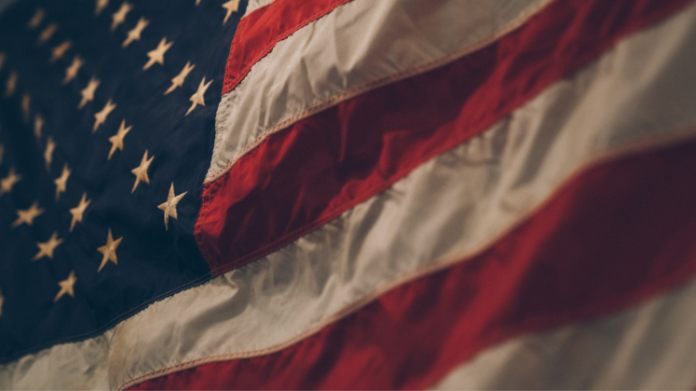Author: Paul Kennedy
Affiliation: Yale University
Organization/Publisher: The Wall Street Journal
Date/Place: January 8, 2021/USA
Type of Literature: Book Review
Words Count: 1550
Link: https://www.wsj.com/articles/tomorrow-the-world-review-from-isolation-to-american-empire-11610124795
Keywords: “Tomorrow, the World” Book, Stephen Wertheim, the Fall of France in 1940, Influential Elite, and the Birth of US Global Supremacy
Brief:
Renowned historian Paul Kennedy provides here a review of an important recent book by historian Stephen Wertheim, entitled: “Tomorrow, the World: The Birth of US Global Supremacy.” Kennedy describes this book as a bold step, as its author manages to make a remarkable contribution based on a new interpretation of America’s rapid progress towards global supremacy. Wertheim revisits the old left-wing claim that the rising American internationalism since World War II has been a cloak for ambitious quasi-imperialist policies. He also provides historical evidence to argue that the exit of the US from isolation and having showed its readiness for global leadership had begun in 1940 when France fell terribly under the blows of the Nazis, in contrast to the prevailing narrative that attributed this to the Pearl Harbor attack during World War II. Moreover, no historian before Wertheim (according to Kennedy) has shown any detail related to the size of influence exercised by a small and intertwined elite of American intellectuals and strategists coinciding with the shock of France’s fall in the mobilization of American decision-making circles, media, and general public towards the necessity to get out of isolation and the inevitability practice of global leadership at the time. Wertheim talks about an elite sponsored by the Rockefeller Foundation, that most of them held positions in prestigious institutions such as the Council on Foreign Relations (CFR), the Yale Institute for International Studies, and the Institute for Advanced Study in Princeton who have had an influence on the State Department in shaping the country’s future. This elite included a mixture of realists such as Hans Morgenthau, Nicholas Spykman, and liberal internationalists like James Shotwell and Leo Pasvolsky. However, they all believed that American greatness was taken for granted, and that global leadership was its birthright; it is a good, joyful thing the world needs, it is the clear fate of their nation. Kennedy notes that Wertheim’s book did not pay attention to the crucial role played by important political and military figures at the time in engineering or advancing America’s global leadership, but it more broadly covers the significant influence of thinkers such as Nicholas Spykman and Quincy Wright, as well as foundations like CFR. Therefore, Kennedy describes this book as “a study in American foreign-policy thinking, not in the actual wielding and making of American power. This is intellectual history, in the broadest sense of that term.” Finally, according to Kennedy, the new generation of thinkers and policy advisers who hover around the incoming Biden administration that promise “renewed global American leadership” may find in this book a benefit that enables them to reconsider some of the issues taken for granted in this regard.
By: Djallel Khechib, CIGA Senior Research Associate




